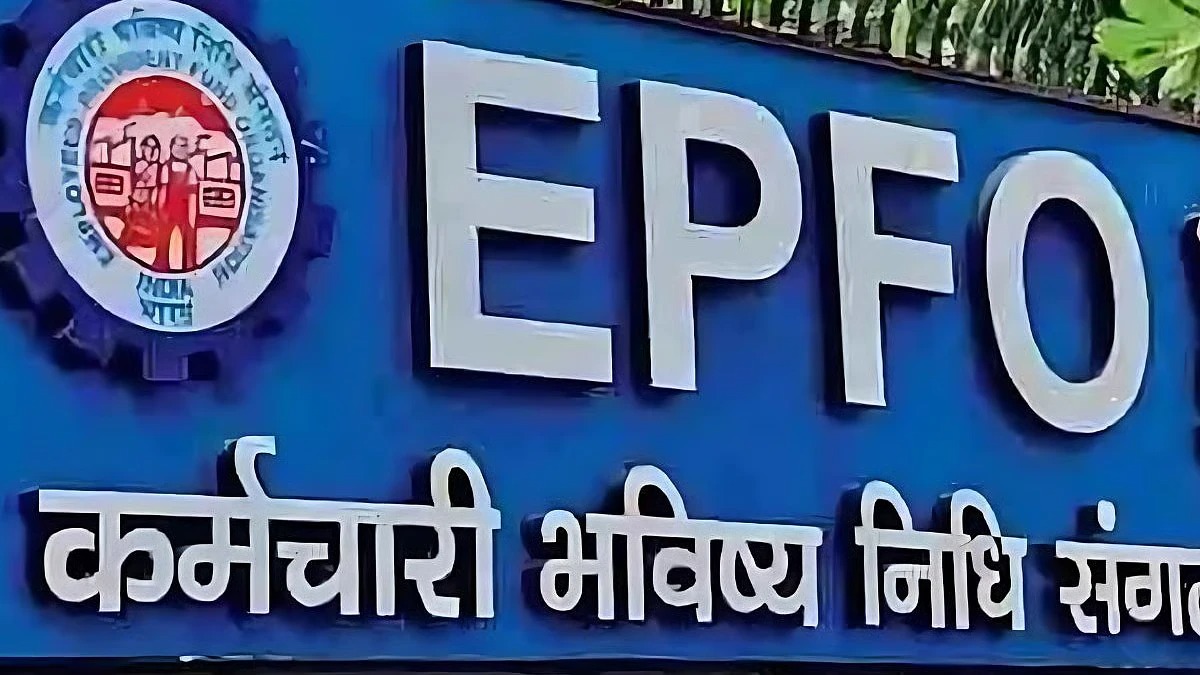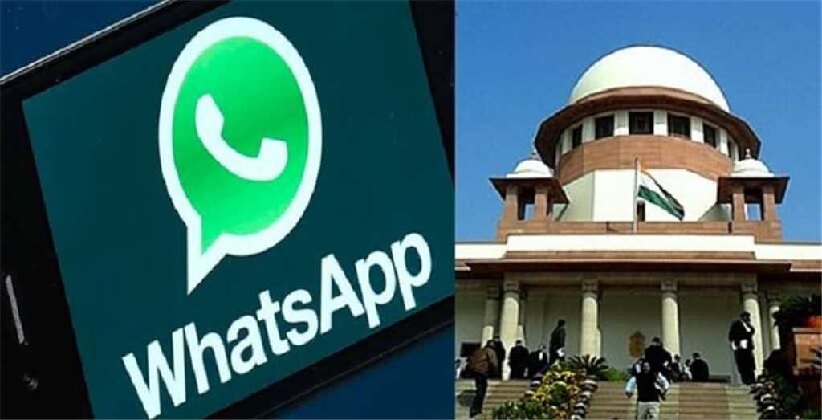Gita Mittal, J.@mdashThe petitioner, who was commissioned in the Indian Army in 1978, was unfortunately not empanelled for promotion to the rank of Colonel by the Quality Assurance Selection Board (QASB) on 20th June, 2005 when the QASB conducted its proceedings. In response to the petitioner''s statutory complaint, on 21st June, 2005 the respondents informed the petitioner that the same was on account of the adverse remarks in his Annual Confident Report for the period 1st June, 2000 to 31st January, 2001. These remarks were communicated to the petitioner only on 21st February, 2006. The petitioner was granted partial redressal by an order dated 24th March, 2006 to the effect that the adverse remarks made by the Initiating Officer (IO) as well as the entire report of the Reviewing Officer (RO) were directed to be expunged. The respondents passed a final order dated 31st March, 2006 confirming the expunction of adverse remarks with directions to hold fresh QASB. The petitioner was considered afresh on the 3rd April, 2006 for promotion to the post of Colonel but was still found unfit. In the month of March, 2007, the petitioner was considered by QASB again for empanelment to the rank of Colonel. On 3rd April, 2007, the petitioner was finally empanelled for promotion to the rank of Colonel.
2. The petitioner represented against the partial redressal granted to him by the order dated 24th March, 2006 contending that the entire ACR was required to be set aside as a consequence of the expunging which has been directed. Vide a letter dated 9th October, 2007 the respondents rejected the representation of the petitioner resulting in filing of the instant writ petition wherein the petitioner has made the following prayers:
(a) Issue a writ of certiorari and direct the respondents to set aside the impugned order dated 9.10.2007 and Annual Confidential Report of the petitioner for the period from 01.06.2000 to 31.01.2001 being subjective and void.
(b) Issue a writ of mandamus directing the Respondents to consider the petitioner afresh after setting aside the impugned CR by holding Special Quality Assurance Selection Board 2 (QASB 2) at the earliest with retrospective seniority.
3. The respondents have initially opposed the writ petition. On a consideration of the matter, this Court had passed the following order on 8th November, 2012. The operative part of the order dated 8th November, 2012 is as under:
6. The primary ground for challenge of the action of the respondents before us rests on the petitioner''s contention that the petitioner''s ACRs was subjected to a review at the second stage by Major General B.S. Mathur as a Senior Reviewing Officer at the third stage. The petitioner has contended that this officer was neither authorized nor competent to do so inasmuch as the petitioner had not completed 90 days of work under this Officer.
7. It is not disputed by the respondents before us that an officer is required to have completed 90 days of work under the Senior Reviewing Officer in order to render him competent to review the ACR of a group ''A'' officer as the petitioner.
8. It is further submitted before us by Mr. Ankur Chibber under instructions from Mr. Hemant, Deputy Director, DGQA that it is correct that Major B.S. Mathur has not reviewed the work of the petitioner for 90 days and therefore he is not competent to review his ACRs grading.
9. We have been informed that this position has been communicated to the competent authority in the DGQA and the matter is under active consideration from this aspect. In view of the above admitted position, it is submitted CR for the period 01.06.2000 to 31.01.2001 would have to be ignored in totality. It is contended that as a result the petitioner was legally entitled to be considered as a fresh case and entitled to empanelment as a Colonel in 2005. Given the stand of the respondents today before us and the fact that the petitioner''s rights could be seriously jeopardized due to delay in the matter, it is essential that the respondents proceed expeditiously in the matter.
10. We accordingly direct the respondents to consider and ensure that a decision is taken based on the above submissions made before us within four weeks from today. The respondents shall place the decision which is taken before this court on or before the next date of hearing.
4. In compliance with the said directions, the respondents have examined the order and have passed an order dated 11th March, 2013 which reads as follows:
In compliance with the Hon''ble Deli High Court orders dated 08 Nov 2012 in WP(C) 6680/2010 the ACR for the period 01 Jun 2000 to 31 Jan 2001 in respect of IC-37421, Col PK Saran has been reviewed by QASB - 1(2013) in its meeting held on 01 Feb 2013.
2. Based on the merits of the case, it has been decided by QASB - 1 (2013) to set aside the above mentioned ACR. Accordingly, the seniority of IC-37421 Col PK Saran be restored to that existed at the time of holding of QASB 2(2005) on 02 Jun 2005. His name will be suitably inserted in the current gradation list at the same place as it was in the gradation list dated 30 Apr 2004, which was operative at the time of holding of QASB 2(2005). The above decision may be communicated to the concerned officer.
3. This issue with the approval of the competent authority.
(Underlining by us)
It would therefore appear that the entire grievance of the petitioner would stand satisfied.
5. We are however informed by Ms. Rekha Palli, learned counsel appearing for the petitioner that despite imperative directions passed by this Court and the order dated 11th March, 2013 passed by the respondents, the petitioner has still not been promoted as a Brigadier.
6. One more factor has intervened. The respondents held a Board for empanelment of the petitioner to the rank of Brigadier and by an order dated 22nd March, 2013 the petitioner stood empanelled for the rank of Brigadier. The order dated 22nd March, 2013 which has been placed by Ms. Rekha Palli before us specifically contains the remarks that the seniority of the petitioner would stand restored to that which existed at the time of holding of QASB 3(2011). It is therefore apparent that the respondents have taken a correct legal step in view of the afore-noted circumstances which would show that the petitioner was wrongfully denied promotions on the due date when his immediate juniors were promoted. The petitioner would be entitled to fixation of the correct seniority accordingly.
7. It is an admitted position that the formal orders for promotion of the petitioner to the rank of Brigadier have not been passed. The grievance of the petitioner is also that he is being denied the financial benefits with regard to the said post for no fault of his own. Mr. Ankur Chhibber has strongly contended that the petitioner can be granted the financial benefits only with effect from the date that he assumes charges. There would be substance in this submission, if the promotion had not been denied for fault of the respondents. Even if it was to be held that the petitioner could not be given financial benefits for the post in which has not worked, however, there is no impediment to the notional fixation of the correct salary of the petitioner having regard to the correct fixation of the seniority of the petitioner on the dates on which his immediate juniors were promoted. The same would not only be in accordance with law but would also to balance the equities in the present case.
8. In view of the above, we direct as follows:
(i) The respondents shall ensure that appropriate formal orders appointing the petitioner as a Brigadier with the correct fixation of seniority of the petitioner as against the date on which his immediate juniors were promoted to the rank of Brigadier are passed within a period of four weeks from today. The same shall be communicated forthwith to the petitioner. The respondents shall also passed the formal orders with regard to the pay fixation of the petitioner in the rank of Colonel and Brigadier having regard to the date on which his immediate juniors were promoted to these ranks and given salaries in the appropriate ranks. Needless to say, the respondents shall thereafter compute the emoluments of the petitioner in these ranks. Payments would be required to be made with effect from the date on which he has actually worked in the same. Such orders shall be passed within a period of six weeks from today. Arrears, if any, found due and payable to the petitioner shall be paid within a further period of six weeks thereafter.
This writ petition is allowed in the above terms.
Dasti to parties.

